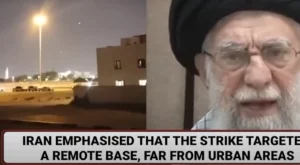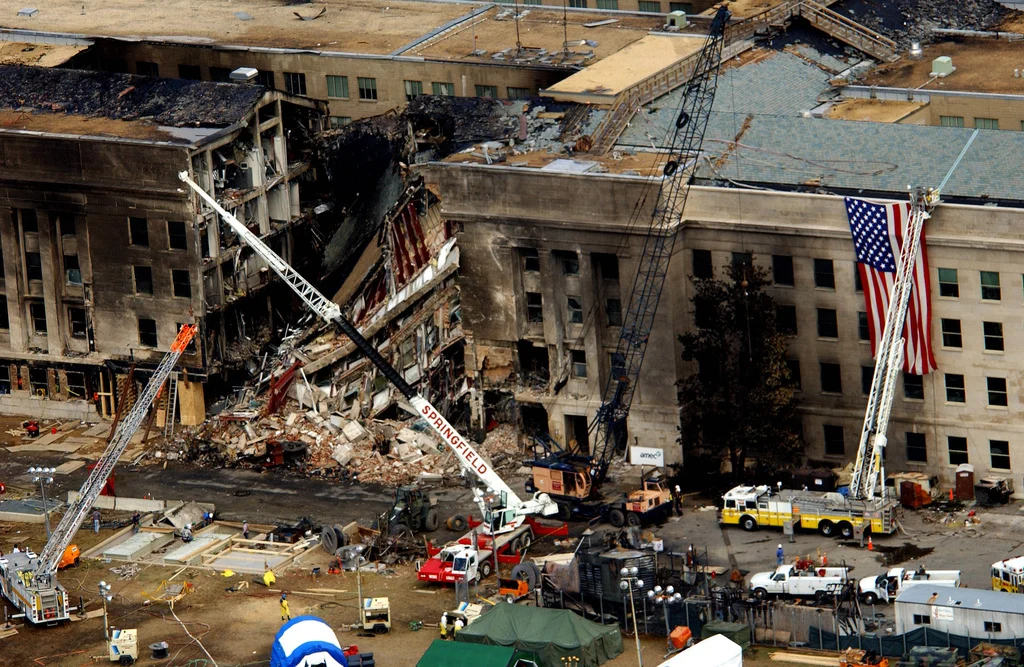|
|
Creidt War on the Rocks Publication
Staff Writer
The U.S. may have launched airstrikes thousands of miles away, but the consequences could soon arrive much closer to home.
On June 21 and 22, the United States reportedly conducted coordinated military strikes on three Iranian nuclear sites. While foreign policy experts debate the global implications, local officials and residents across the country including in cities like Cleveland are beginning to ask: What does this mean for us?
From cybersecurity vulnerabilities to fuel costs and renewed risks of racial profiling, the domestic ripple effects of international military action may be felt in everyday life.
Cybersecurity and Public Safety Risks
Iran has a history of retaliating through cyberwarfare. According to the Cybersecurity and Infrastructure Security Agency (CISA), urban systems like hospitals, transportation, and energy infrastructure are likely targets.
In Cleveland and other major cities, local governments are reassessing their digital defenses. While no specific threats have been confirmed, the U.S. Department of Homeland Security has advised cities to increase monitoring around airports, government buildings, and soft targets.
Economic Shock: Fuel and Food Prices
Iran has hinted at disrupting shipping through the Strait of Hormuz, a chokepoint for nearly one-fifth of the world’s oil supply. A sustained conflict could drive up global fuel prices as reported by the U.S. Energy Information Administration
Cleveland-area commuters, rideshare drivers, and delivery services could face higher operational costs. According to AAA Ohio, average gas prices in the state rose about 3% over the past week, climbing from $3.06 to $3.15 per gallon. 
Rising fuel costs affect more than just drivers. Transit systems, delivery services, and food distributors may all pass additional costs on to consumers, disproportionately impacting low-income households already stretched by inflation.
Recruitment Pressure and National Guard Readiness
Urban areas often serve as hubs for National Guard and Reserve units. While no official deployments have been announced, military analysts note that prolonged conflict could increase mobilization, affecting local families and employers.
Following past conflicts, recruitment campaigns have also ramped up in underserved neighborhoods. A RAND Corporation study found that communities of color are more likely to experience targeted enlistment appeals, often without clear guidance on long-term career impacts.
Guard Deployments and Recruitment Pressures
Should tensions escalate, the federal government may deploy more National Guard and Reserve units, many based in urban communities.
- Families may face sudden separations and economic stress.
- Youth in urban areas, particularly communities of color, may see increased recruitment pressures, reminiscent of post-9/11 trends.
Civil Rights at Risk: Islamophobia and Surveillance
Middle East conflicts have historically triggered spikes in anti-Muslim sentiment in the U.S. After 9/11, hate crimes against Muslims and South Asians surged by more than 1,200%, according to the Southern Poverty Law Center.
Groups such as CAIR-Ohio are urging vigilance, particularly in cities like Cleveland with diverse immigrant and refugee populations.
“We’ve already seen online harassment and aggressive traffic stops,” said Fatima Malik, a Cleveland-based organizer. “It’s vital that city officials prevent another wave of post-conflict scapegoating.”
Political Distraction and Local Impacts
Foreign conflict often diverts federal attention away from pressing domestic needs. As reported by NPR, federal debate over housing, public safety reform, and climate resilience has already been slowed by war-related appropriations.
Progressive organizations in Cleveland — including student coalitions and labor councils are already organizing responses. Rallies and teach-ins focused on peace-building and community protection are scheduled for the weekend.

What Happened Abroad: The Iran Strikes
According to The Guardian and Associated Press, former President Donald Trump confirmed that U.S. forces struck three major Iranian nuclear facilities:
- Fordow – a fortified underground uranium enrichment site
- Natanz – Iran’s largest and most advanced enrichment facility
- Isfahan – a key site for uranium conversion and fuel processing
The Biden administration has neither confirmed nor denied the operation.
The strikes reportedly followed Israeli air operations in Syria and Lebanon targeting Iranian missile launch positions.
Iran’s Response So Far
Iranian media outlets and statements from the Islamic Revolutionary Guard Corps indicate that Tehran retaliated by launching missiles and drones toward Israeli cities. While some were intercepted over Tel Aviv, others struck residential and military targets.
Iranian-aligned militias, including Hezbollah and the Houthis, have threatened U.S. naval ships in the Red Sea. Iranian officials defended their actions under Article 51 of the U.N. Charter, which allows self-defense in response to armed attack.
Is Diplomacy Still on the Table?
Iran has floated the idea of resuming nuclear negotiations, but only under conditions that include recognition of its uranium enrichment rights. According to Brookings, this may be a stalling tactic while Iran regroups militarily.
Western analysts are skeptical, noting that Tehran’s previous proposals have often been paired with escalatory behavior.
Local Bottom Line
The real consequences of foreign policy may surface in local lives. Cleveland and other cities face serious questions: Can we shield our systems from cyberattacks? Can families absorb another wave of price increases? Will immigrant neighbors be protected from backlash?
As headlines focus on missile strikes and diplomacy, communities must stay grounded in vigilance, solidarity, and local advocacy.
For continuing coverage of global events that impact Cleveland and its residents, contact The Cleveland Observer at info@cleobserver.com.





